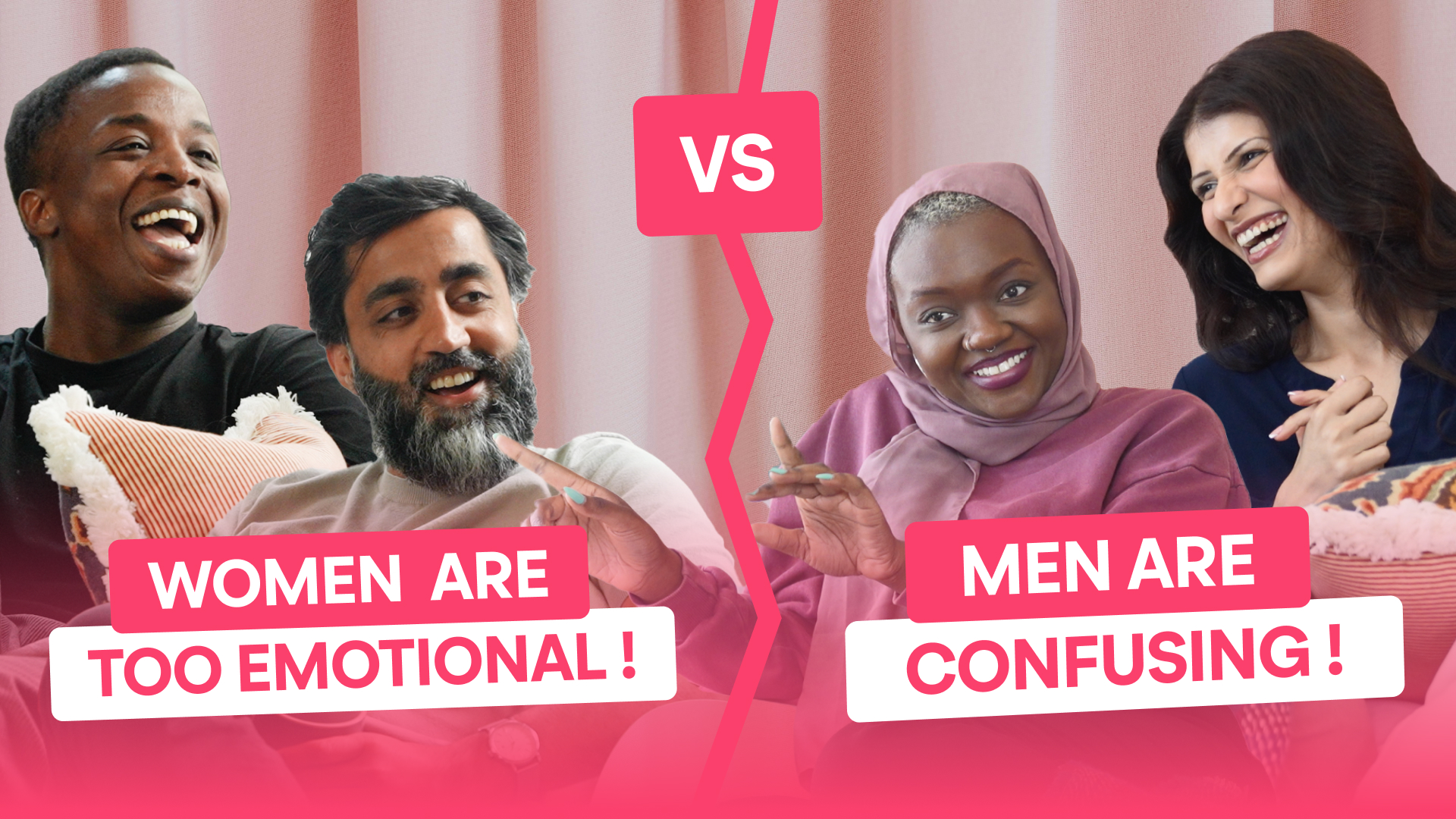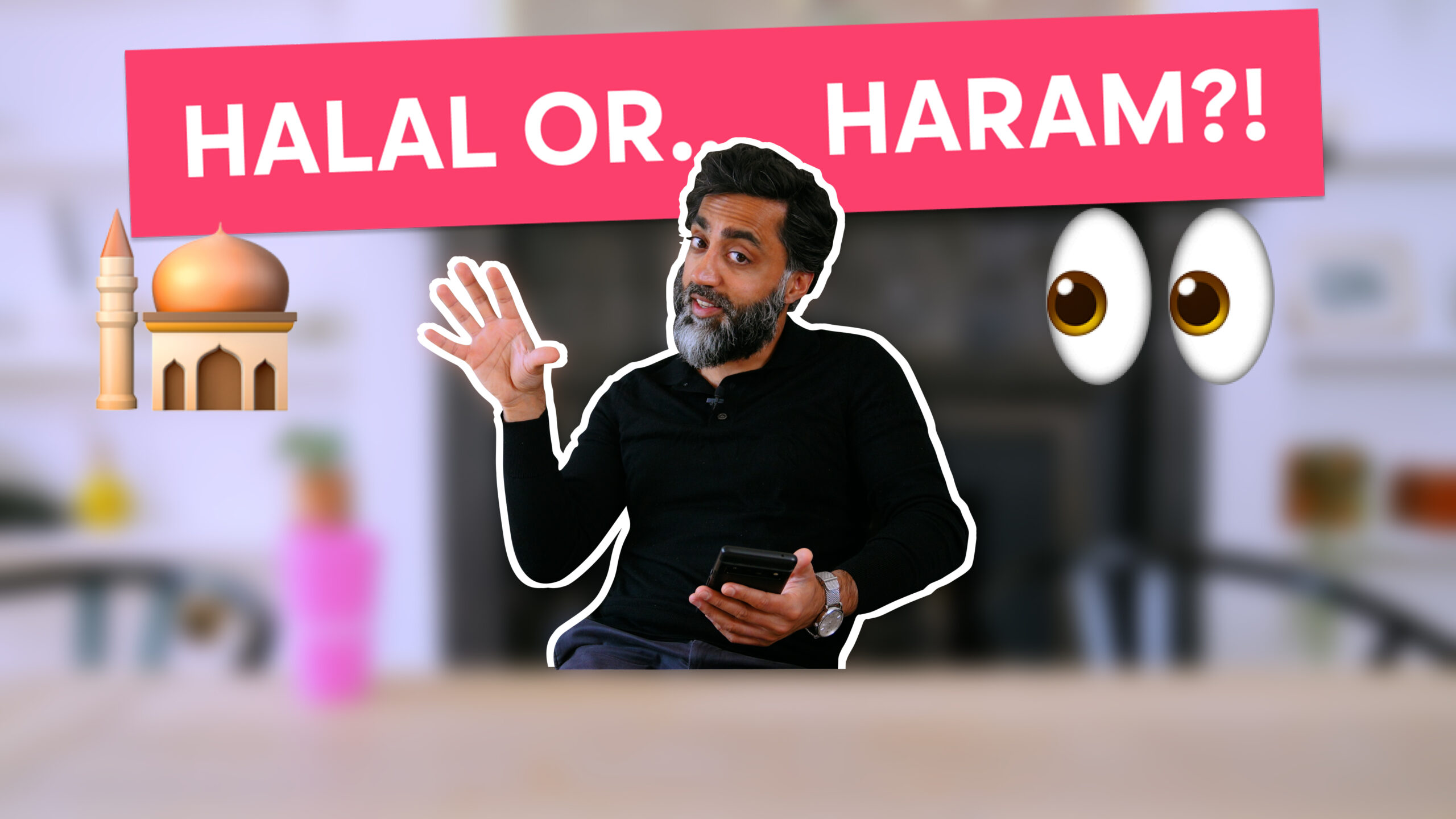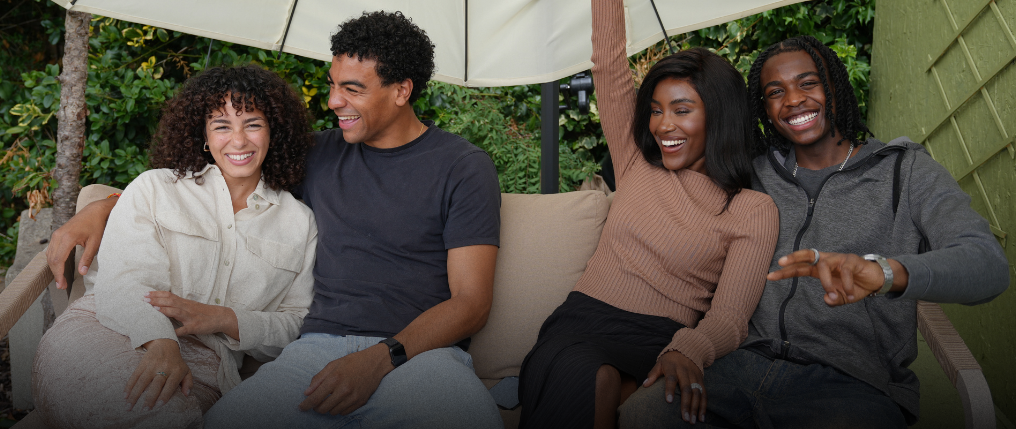
“Dating in a Halal Way Isn’t Easy in the UK” – An Active Muzz User
July 22, 2025
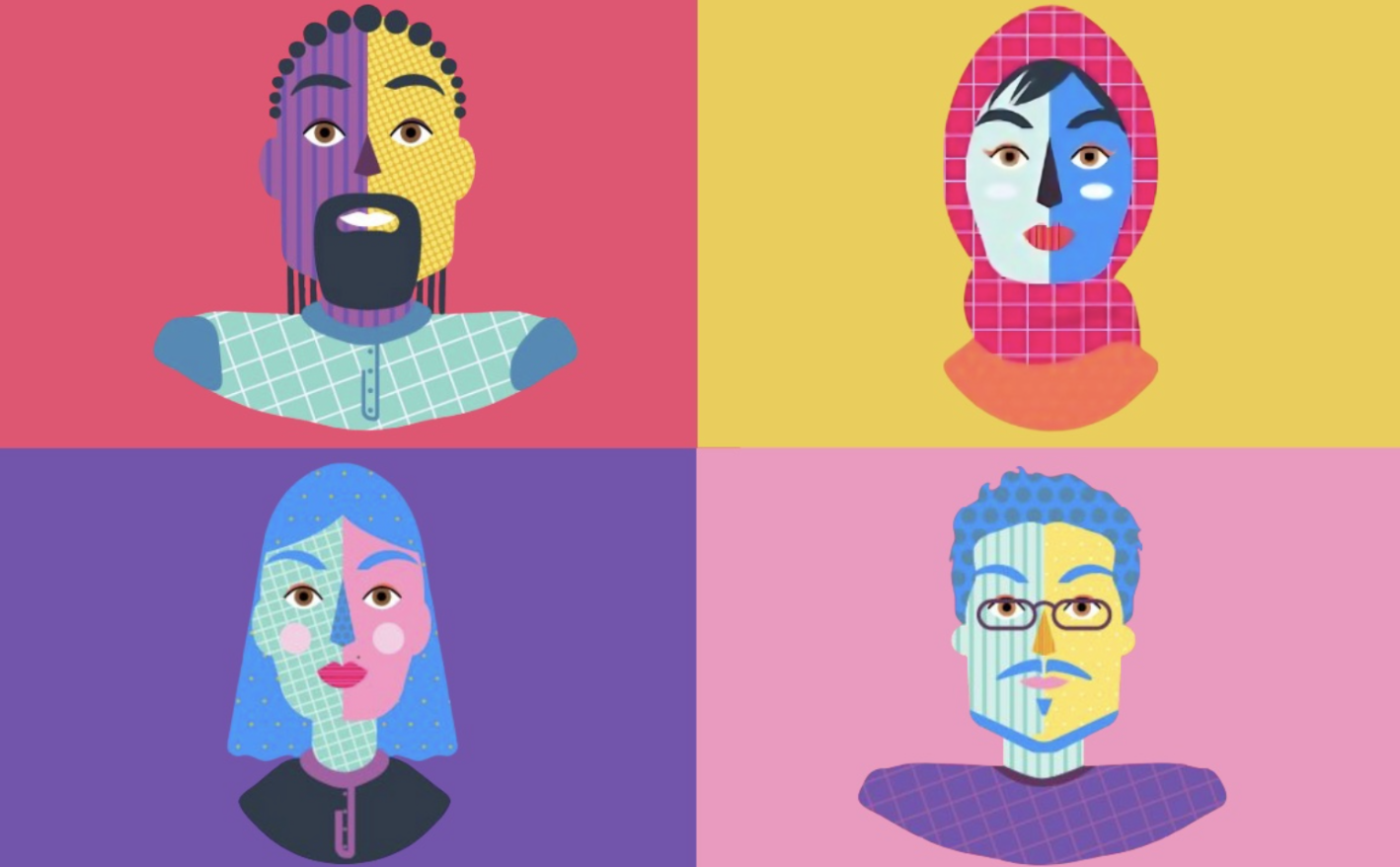
The British Muslims in Numbers, Census Report Summary, March 2025 uses data from the 2021 census data provided by the Office of National Statistics for England & Wales and Northern Ireland Statistics & Research Agency. It shows that out of the UK’s “67 million” population, “4 million” are Muslim, that’s around “6%”.
While all minority faiths are growing, Islam is growing the fastest. There are now more Muslims in the UK than all other minority faiths combined.


Looking for your soulmate?
You won’t find your soulmate on this blog post but you might find them on Muzz - the world’s biggest Muslim dating and marriage app.
The Muslim population in the YK grew by “1.2 million” between 2011 and 2021, that’s around “32%” of the overall growth of the UK’s population in those ten years. In 2025, that number has likely gone up even more.
For the first time in census recording, the majority of Muslims are UK-born.
So, what does that mean? Basically, today’s British Muslims aren’t just first-generation immigrants. Many are born and raised here. They’re navigating faith, culture and love different from their parents’ generation.
I decided to ask people what it means to be a British Muslim, and how their culture influences the way they find halal love in the modern world.”
Here’s what they said…
“Growing up, I always heard stories of how my parents got married. It was an arranged marriage. My mum met my dad once—with both families there—and that was it. She always says, ‘It wasn’t about falling in love, it was about building love over time.”
“Cousin marriages were also common—my aunt married her first cousin–to preserve family ties.”
“But for me, I still value family involvement, just… updated. My mum scrolls on Muzz with me! It feels like a modern way of arranging a marriage– it’s not pressured and it’s not forced–I have control!”
–Noor, 23, Pakistani, from Birmingham
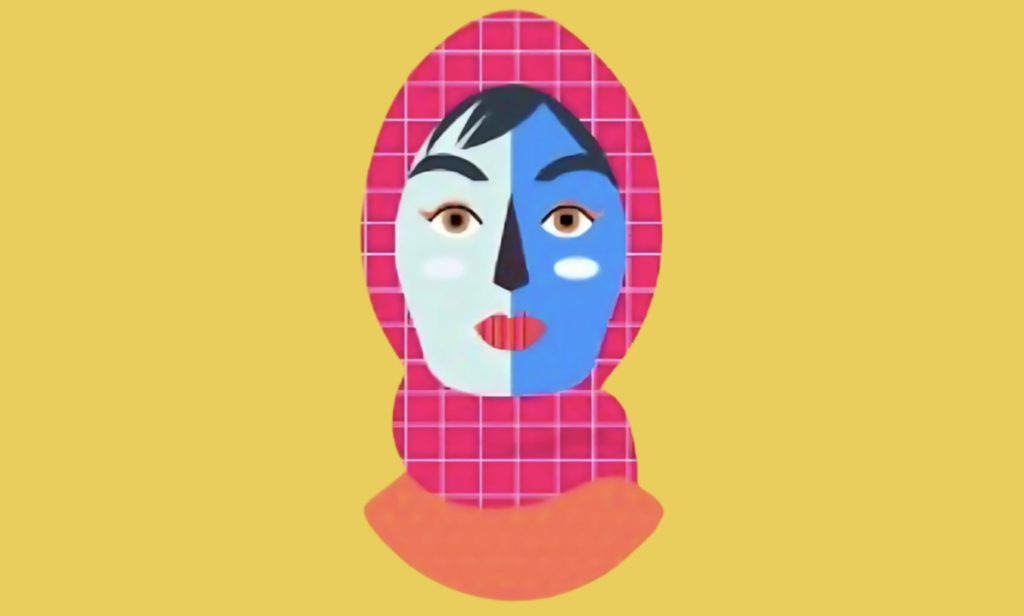
“For me, religion plays a big role. My parents told me, It doesn’t matter what she looks like or where she’s from—does she pray 5 times a day? Does she fast? Does she dress modestly?”
“Still, dating in a halal way isn’t easy in the UK, where values are different and in a modern world where values have changed. It’s a constant balance between deen and dunya. But Muzz has helped. I like that you can filter for things like how practising a person is!”
–Omar, 27, Arab, from London
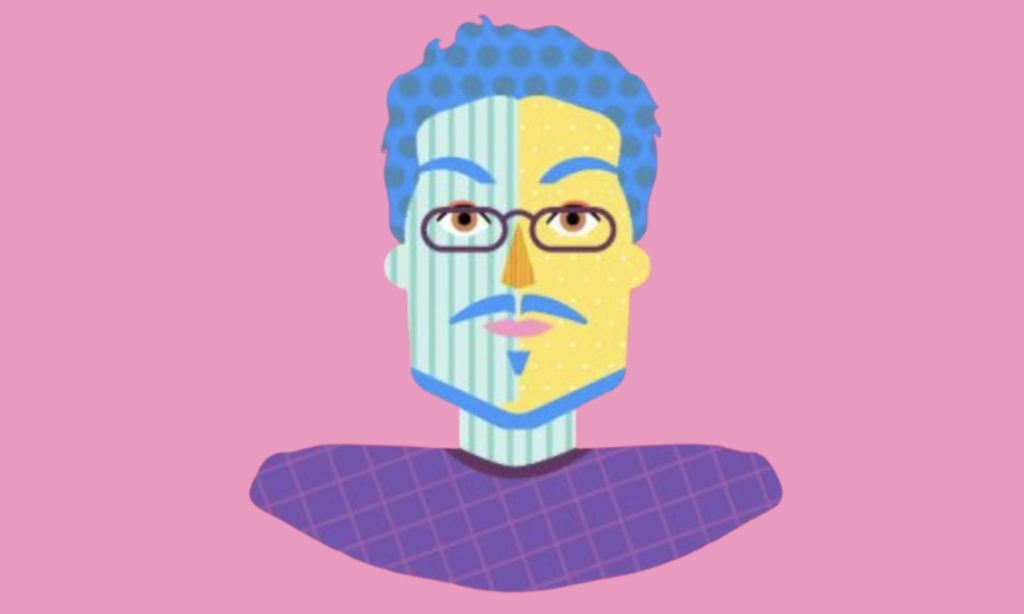
“As a revert, the biggest challenge was figuring out how halal love works in a modern world. It’s not dating to date—it’s dating to marry.”
“I don’t have a muslim family, so I don’t have anyone to guide me or matchmake. So things like Muzz and muslim marriage events are a godsend. I’ve met other reverts too, not just for marriage but for social too, which has made me feel less alone.”
–Hannah, 25, English, from Brighton
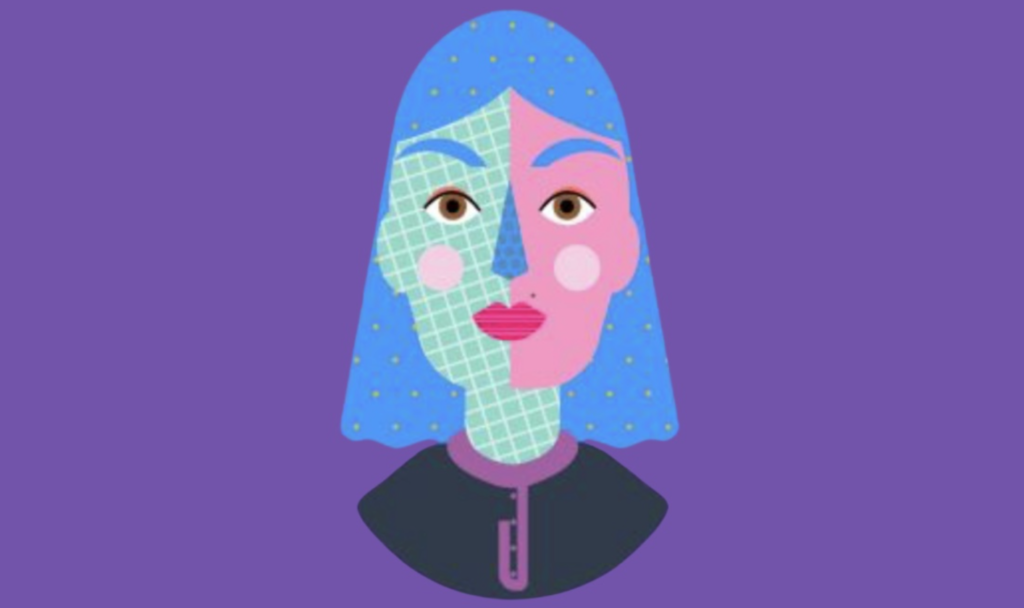
“Traditionally, your tribe determined who you would marry. Even today, some families still prefer you stick with your tribe. But I was born here—I see myself as British Somali, not just Somali.”
“Things are different now.”
“Muzz lets you filter by ethnicity, like Somali, but not by tribe. So if some families want you to match by tribe, it just wouldn’t work in a modern world. You’d be stuck scrolling. You’d never be able to delete the app. You’d be matching, asking what someone’s tribe is, and unmatching–offline, you’d struggle to find someone from the same tribe too, unless your parents pick a partner for you!”
–Dalmar, 29, Somali, from Leicester
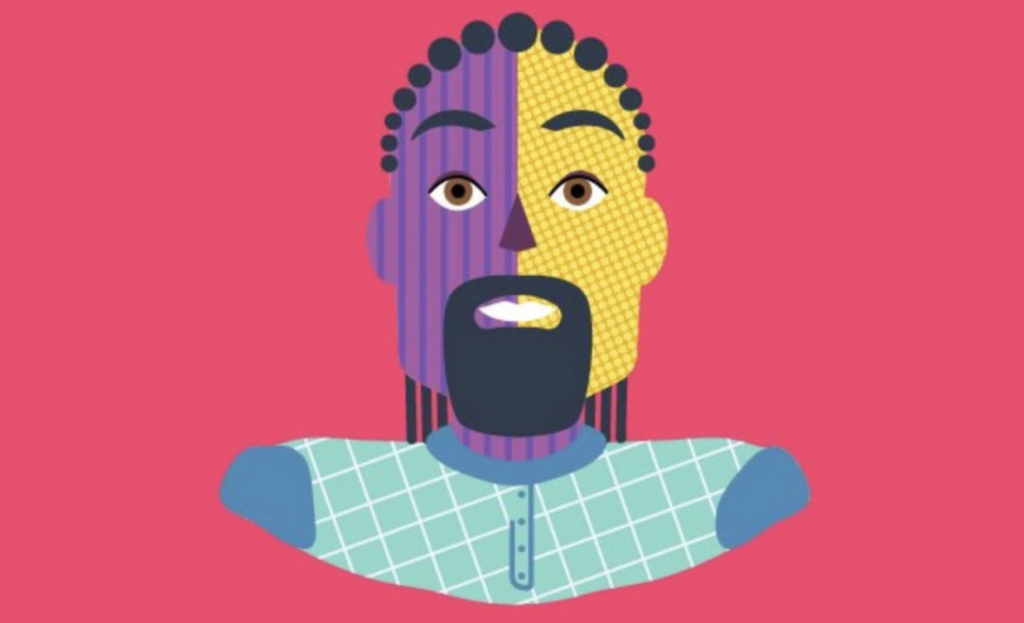
“My parents hoped I’d marry someone Malay, which I was open to—but growing up in the UK, that felt a bit limiting. There just aren’t many here, so I started considering other backgrounds too.”
“A lot of people still prefer to marry within their own culture, or their families do, but Muzz actually helped with that–they showed my profile to people who had a preference for Malay or no preference for ethnicity.”
“That’s how I met my husband–he’s Pakistani–my parents came around once they saw how much he loved me and my culture too.”
–Aisyah, 24, Malay, from Manchester
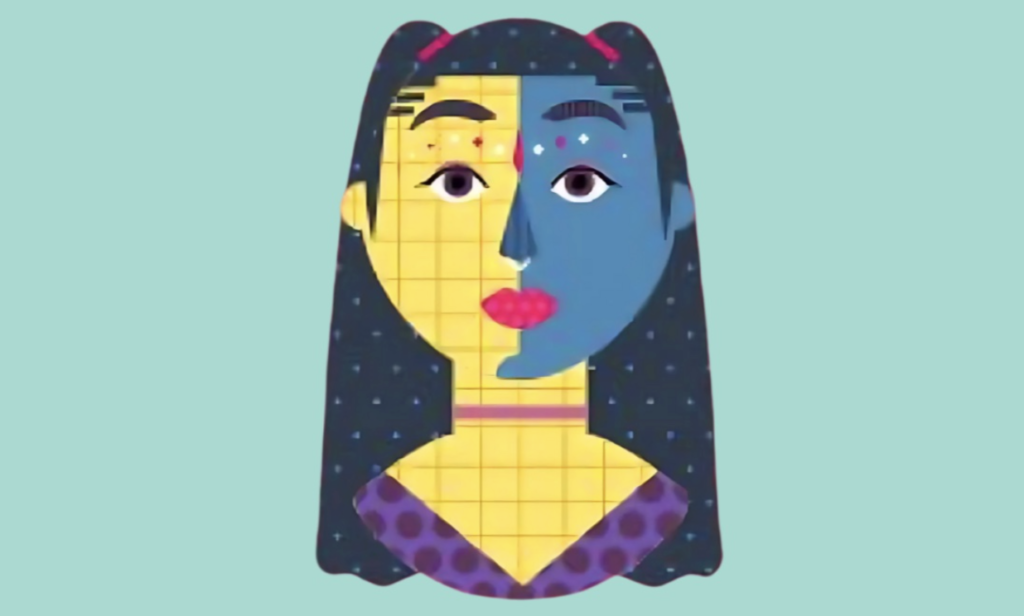
Being a young British Muslim means “values are different” and living in a modern world where “values have changed”. They are rejecting tradition and embracing modernity. It’s no longer just about what worked for their parents. It’s about what works for them, and what does work for them is technology, dating and marriage apps like Muzz.
Article Written by Saarah Miah, MA Journalism Student and Freelance Journalist
